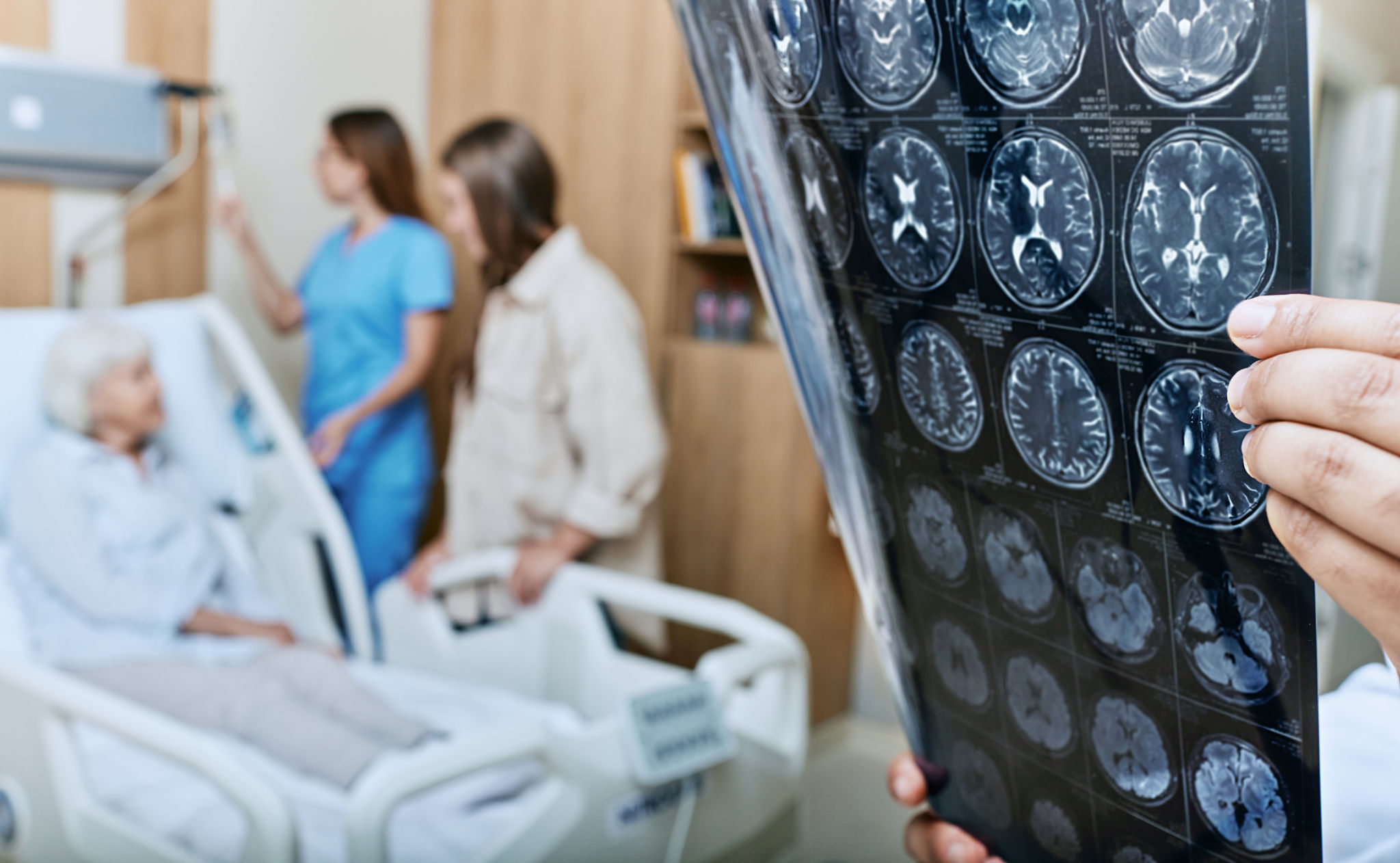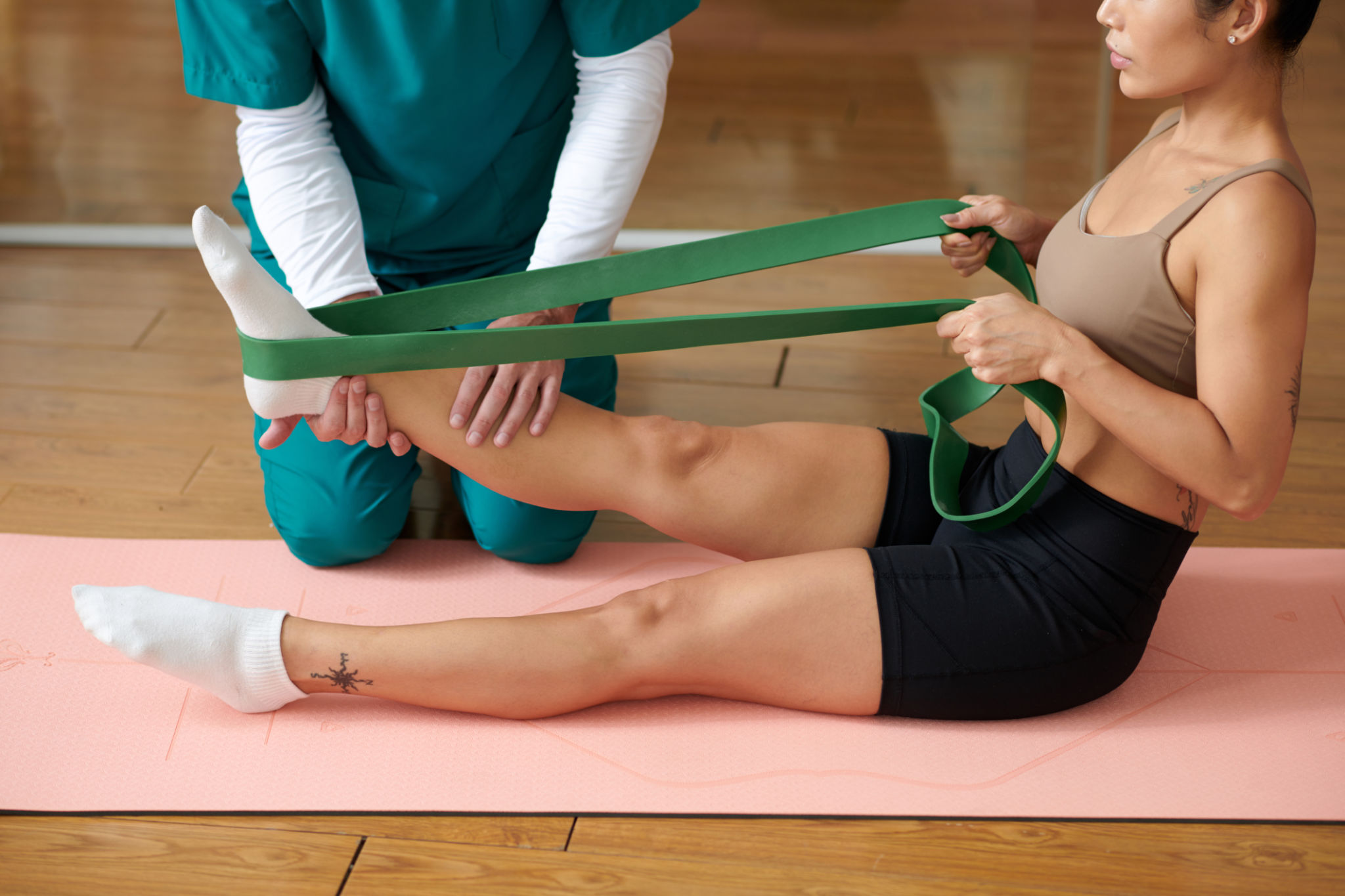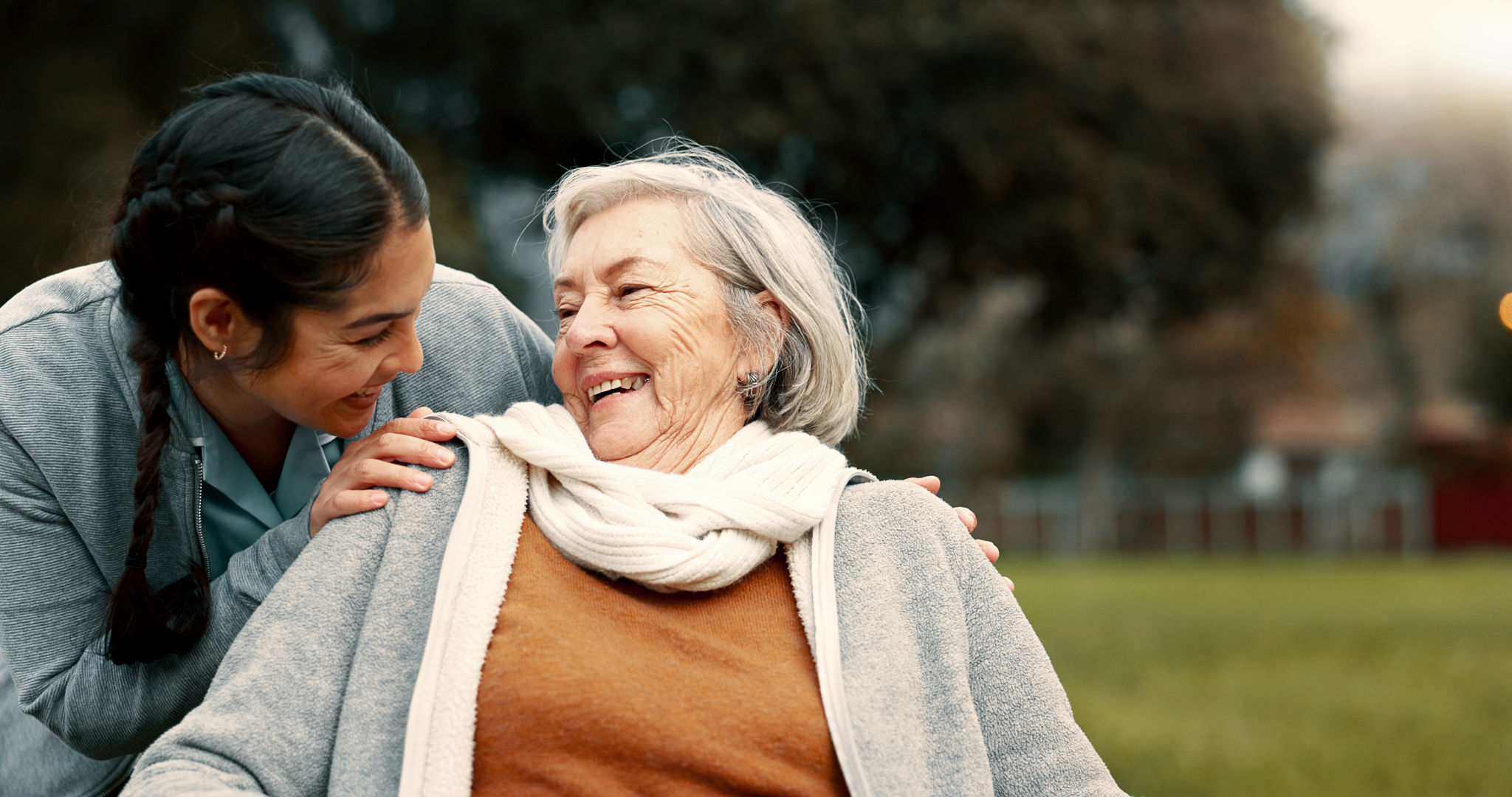Preparing for Stroke Rehabilitation: What to Expect at Our Johannesburg Center
Stroke rehabilitation is a crucial step in the recovery journey for individuals who have experienced a stroke. At our Johannesburg center, we are committed to providing comprehensive care and support to help patients regain their independence and improve their quality of life. Understanding what to expect during rehabilitation can significantly ease the transition and enhance the recovery process.
Initial Assessment and Personalized Treatment Plans
Upon arrival at our center, each patient undergoes a thorough initial assessment conducted by a multidisciplinary team of healthcare professionals. This team includes neurologists, physiotherapists, occupational therapists, and speech therapists. The purpose of this evaluation is to determine the specific needs and challenges faced by the patient. Based on these findings, a personalized treatment plan is developed to target individual goals and requirements.

Setting Realistic Goals
Rehabilitation is a journey that requires patience and persistence. Setting realistic and achievable goals is essential for motivating patients and tracking progress. Our team collaborates with patients and their families to establish short-term and long-term goals that align with their abilities and aspirations. These goals are regularly reviewed and adjusted as needed to ensure continued progress.
It is important to understand that the pace of recovery varies from person to person. Factors such as the severity of the stroke, the patient's overall health, and the level of motivation all play a role in determining the speed of recovery. At our center, we focus on providing encouragement and support throughout this journey.
Rehabilitation Therapies Offered
Our Johannesburg center offers a wide range of rehabilitation therapies designed to address the diverse needs of stroke survivors. Some of the key therapies include:
- Physical Therapy: Aims to improve mobility, balance, and strength through targeted exercises and techniques.
- Occupational Therapy: Focuses on enhancing daily living skills and promoting independence in activities such as dressing, eating, and grooming.
- Speech Therapy: Helps patients regain communication skills that may have been affected by the stroke, including speech, language, and swallowing abilities.

The Role of Family and Caregivers
The support of family members and caregivers is invaluable during stroke rehabilitation. They play a critical role in encouraging patients to participate actively in their recovery and providing emotional support. At our center, we offer guidance and training for caregivers to ensure they feel confident in assisting their loved ones throughout the rehabilitation process.
Monitoring Progress and Adjusting Treatment
Continuous monitoring of progress is a fundamental aspect of effective stroke rehabilitation. Regular assessments are conducted to evaluate improvements and identify any areas that may require additional focus. Our team is dedicated to adjusting treatment plans as needed to optimize recovery outcomes.

Preparing for Life After Rehabilitation
As patients near the end of their rehabilitation program, our center provides resources and support to help them transition back into their daily lives. This includes education on lifestyle modifications, strategies for managing potential challenges, and information on community resources available for ongoing support.
Our commitment extends beyond the duration of the rehabilitation program. We strive to empower stroke survivors with the tools and confidence they need to lead fulfilling lives post-rehabilitation.
If you or a loved one is preparing to begin stroke rehabilitation, knowing what to expect can make a significant difference in the recovery experience. At our Johannesburg center, we are dedicated to delivering compassionate care tailored to each individual's unique journey toward recovery.